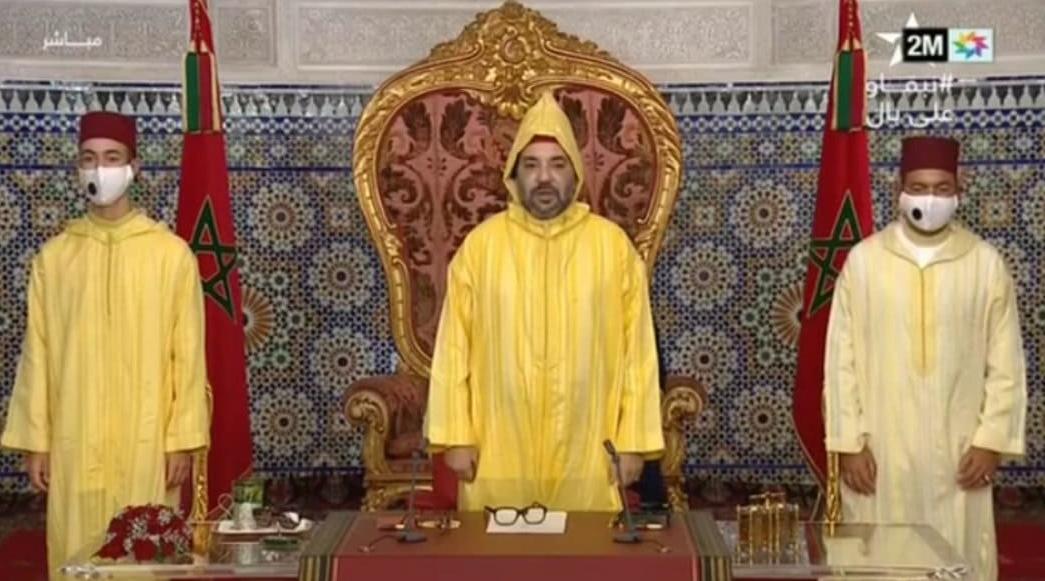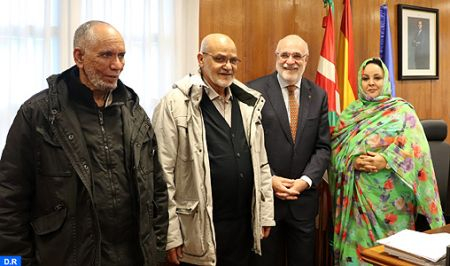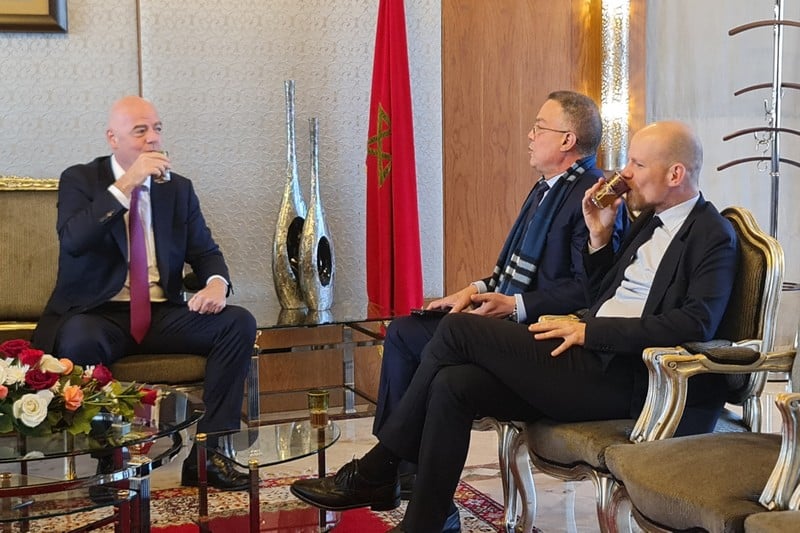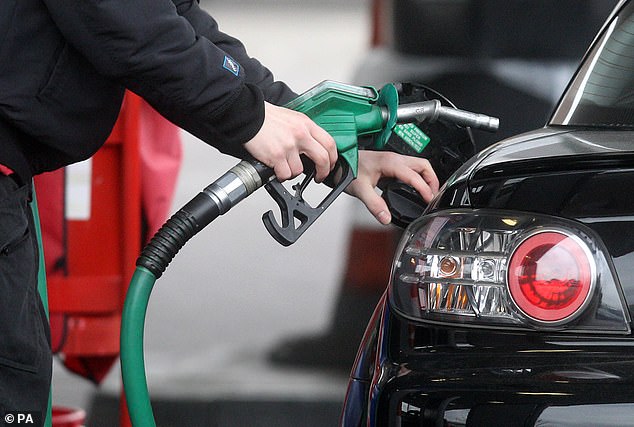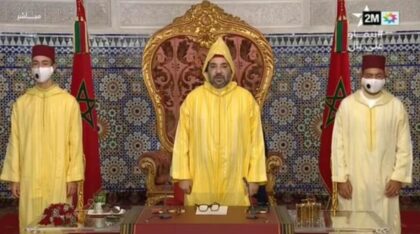 King Mohammed VI has called for general mobilization to implement the ambitious economic stimulus plan he had announced in July to enable all productive sectors to recover from the impact of the coronavirus pandemic and to increase their ability to provide jobs and preserve sources of income.
King Mohammed VI has called for general mobilization to implement the ambitious economic stimulus plan he had announced in July to enable all productive sectors to recover from the impact of the coronavirus pandemic and to increase their ability to provide jobs and preserve sources of income.
King Mohammed VI, flanked by Crown Prince Moulay El Hassan and Prince Moulay Rachid, delivered a speech to parliament on Friday from the Royal Palace in Rabat on the occasion of the opening of the fall session of the fifth and final legislative year of the 10th Moroccan legislature.
Tackling the unprecedented health crisis caused by the coronavirus pandemic requires across-the-board mobilization in the country as well as concerted efforts by everyone to rise to the challenge, the King said, making it clear that at this stage, the economic stimulus plan remains a foremost priority.
The plan is meant to support productive sectors – especially small and medium-sized enterprises – and to increase their ability to invest. It is also designed to create jobs and to preserve sources of income.
“I have insisted that the plan should be implemented as part of a constructive national contract involving the State and economic and social partners. The aim is to lay the groundwork for the plan’s success, based on the connection between rights and duties,” the Monarch said.
As part of efforts to support enterprises, more than 20,000 Moroccan businesses have benefited from state-guaranteed loans, amounting to approximately MAD 26.1 bn, he recalled, noting that this mechanism has enabled beneficiaries to withstand the impact of the health crisis, mitigate its effects and preserve jobs.
The King urged the banking sector, the Central Guarantee Fund, businesses and professional associations to continue their efforts in this area.
The economic stimulus plan is based on the strategic investment fund, dubbed the “Mohammed VI Investment Fund”, whose setting up was announced by the Monarch in his State of the Union speech of last July.
The fund is meant to play a pivotal role in promoting investment and boosting the economy. It will support productive sectors and finance and provide assistance to major projects within the framework of public-private partnerships.
To enable the fund to carry out its mission in an optimal way, King Mohammed VI said he has asked for it to be endowed with legal personality and have proper management bodies. “I expect this fund to be a model institution in terms of governance, efficiency and transparency.”
“I have also asked for MAD 15 bn from state resources to be allocated to the said fund to incentivize Moroccan and international partners and encourage them to support fund interventions and also to participate in investment projects designed to promote the recovery plan and broaden its economic, social and environmental impact,” he recalled.
The fund will focus its interventions on specialized sectoral funds affiliated with it. Its interventions are to be decided in light of the priorities identified for each phase, taking into account the specific needs of each sector.
The areas concerned in this regard include the restructuring of industry, innovation, high-potential sectors, small and medium-sized enterprises, infrastructure, agriculture and tourism.
The fund will also grant special importance to agriculture and rural development under the economic recovery plan.
“Needless to say, in the current circumstances, support must be given to this highly important sector,” the Monarch said, calling for speeding up the implementation of all farming projects.
“These measures should boost investment, promote employment, contribute to the development of our agricultural production and facilitate the integration of professionals in rural areas, in line with the new farming strategy,” he said, noting that putting one million hectares of communal agricultural land at the disposal of investors and rights holders is a key element of that strategy.
The total volume of investment expected under this project over the medium term is estimated to stand at approximately MAD 38 bn.
This should translate into an added value of approximately two additional GDP percentage points annually, and a large number of jobs should be created in the coming years.
“It is therefore essential to enhance coordination and cooperation between the sectors concerned and to incentivize youths in rural areas by setting up businesses and providing training, particularly in agriculture-related jobs and services.”
